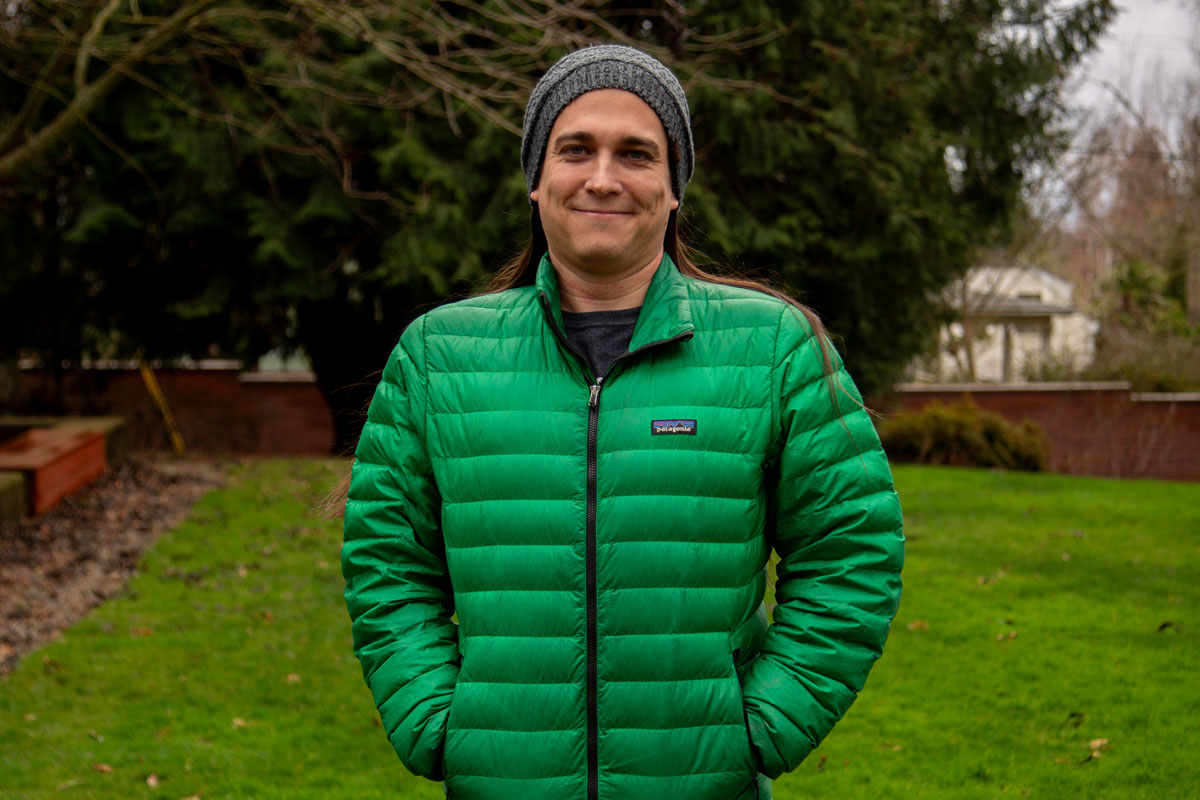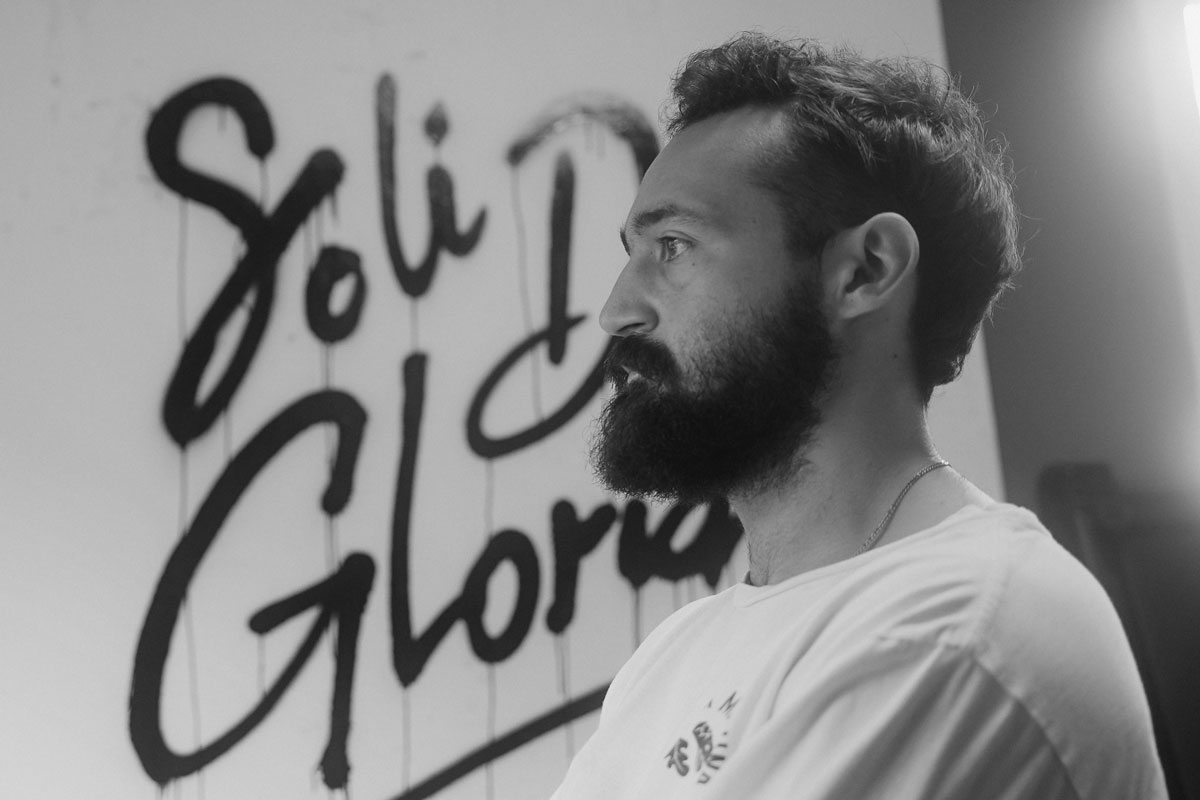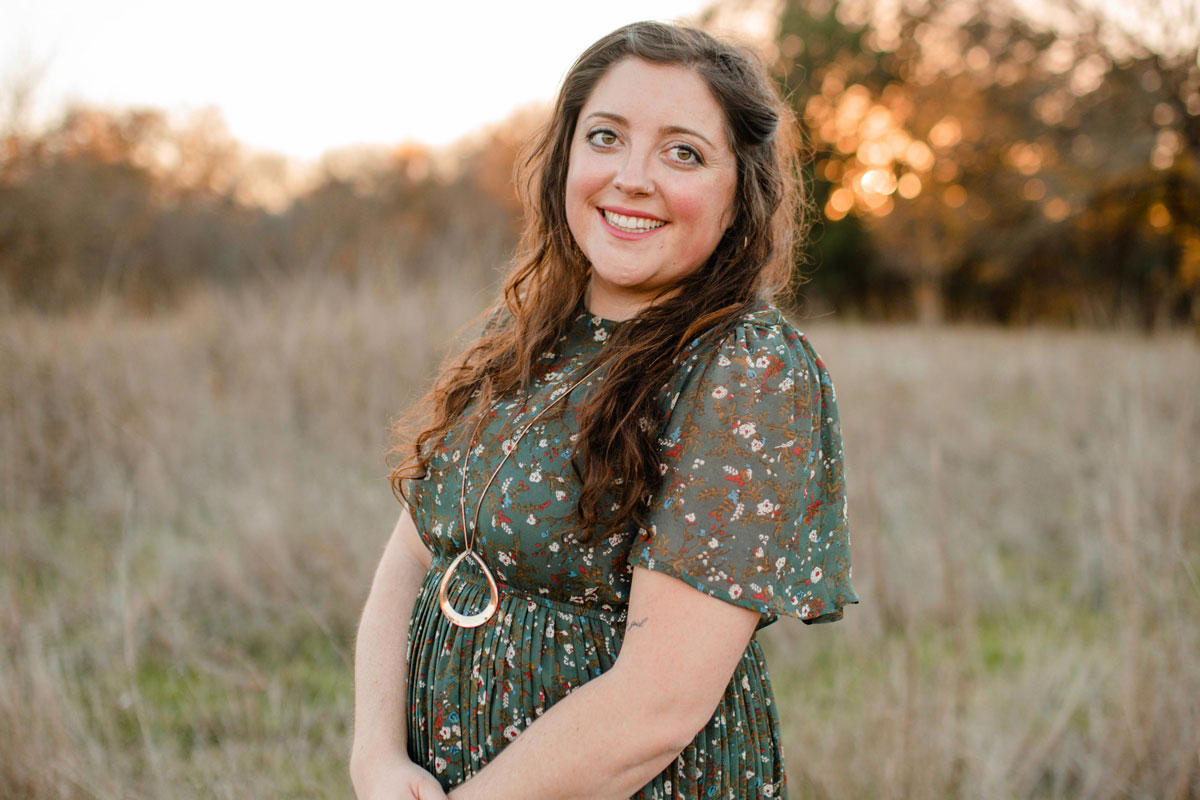Counseling Program- Frequently Asked Questions
For part-time study, do I have to finish the program in four years?
No, it is possible to design a graduate plan according to each student's needs, as long as he or she can finish the entire program within 10 years. However, since our courses often change due to the requirements of the state, students will need to keep in close contact with their advisor.
Is it possible for me to start study as a Non-Degree student and then change to the Counseling program later on?
Yes. However, in order to be accepted into the Counseling program, you must take a placement exam (or psychology exam - for remedial purposes if you do not have psychology in your undergraduate degree).
I obtained my undergraduate degree in Hong Kong with a major in Business Administration and my Master in Business Administration in California, USA. Am I required to take TOEFL?
For any foreign-born applicant whose first language is not English, a passing score on the TOEFL is required, except for any of the following three reasons:
- The applicant has completed all education (kindergarten through high school) in an English speaking country.
- The applicant has already taken the TOEFL and has a passing score (213 minimum on computerized portion and a minimum score of 3.5 on the written portion). If the applicant has taken the TOEFL before and passed, he/she will need to provide an official document of that score.
- If the student earned a Bachelor's degree in the U.S. and completed some liberal arts courses and received grades of B or higher, the student may request to have the transcript reviewed for a possible TOEFL waiver.
I would like to consider studying in this program as a personal growth opportunity and an opportunity to be a lay counselor instead of a professional therapist. I would like to get some feedback on this.
Even if your intention in entering into this program for lay counselor reasons and not for licensing, you still must complete all the requirements that lead to licensure, which includes 30 hours of personal therapy and 250 practicum hours (in a counseling setting) in order to graduate.
Does Western provide a Practicum site for the Counseling students or do they have to find a site on their own?
Students are responsible to find their own Practicum site. However, Western does have a Practicum Orientation and a Practicum Faire that provides support to students as they go about finding a site that will meet the requirements to be an approved site.
What are the requirements to get started in the Masters degree program?
Please look under "Admission" in the Western Seminary catalog for all the details.
How long will it take to complete as a night school course?
The program is designed to be completed between three and four years, though some students take longer. We can sit down and talk about the pace that would best suit you.
When are evening classes held?
Classes are held throughout the week, with a 2-unit course meeting every other week, generally. For example, the Clinical Foundations course meets on alternating Monday nights for seven sessions during the Fall semester. Our campus holds classes every night of the week and we are closed on Sundays.
When are Saturday classes held?
Saturday classes are held either in the morning (7:45 am - 12:25 pm) or in the afternoon (1:15 pm - 5:55 pm). Classes are held every week or every other week depending on how many units the class is. A student may have both a morning class as well as an afternoon class certain semesters. Sometimes classes are even all day on Saturdays or other days.
When I complete the degree, can I go into practice (that is, charge for therapy sessions in order to make a living)?
Western's Counseling program prepares students to practice therapy in many settings. Once a student graduates from program, he/she will continue to accrue hours of therapy experience as an MFT Associate. Associates may work in private practices as well as non-profit agencies and mental health clinics. These placements can be paid or volunteer opportunities. This program is designed for students who sense God calling them to become Licensed Marital and Family Therapists and Licensed Profesional Clinical Counselors. However, not every student who earns a degree from the MAC program goes on to become what we typically think of as licensed therapists. We have several who go on to become teachers or pastors/deacons in their church, specializing in counseling. Thus, this degree can be used in a variety of ways.



